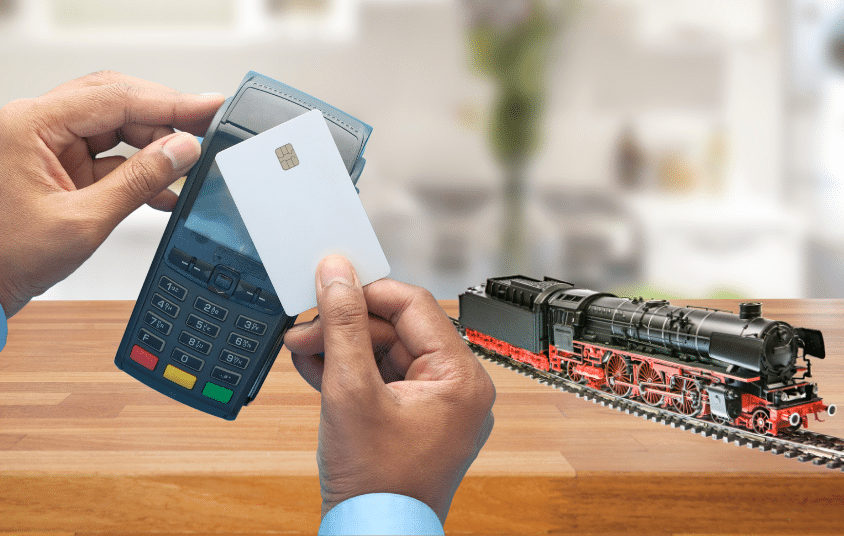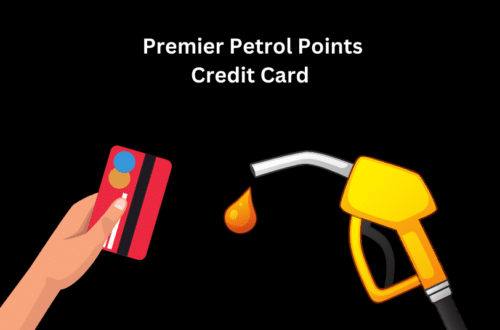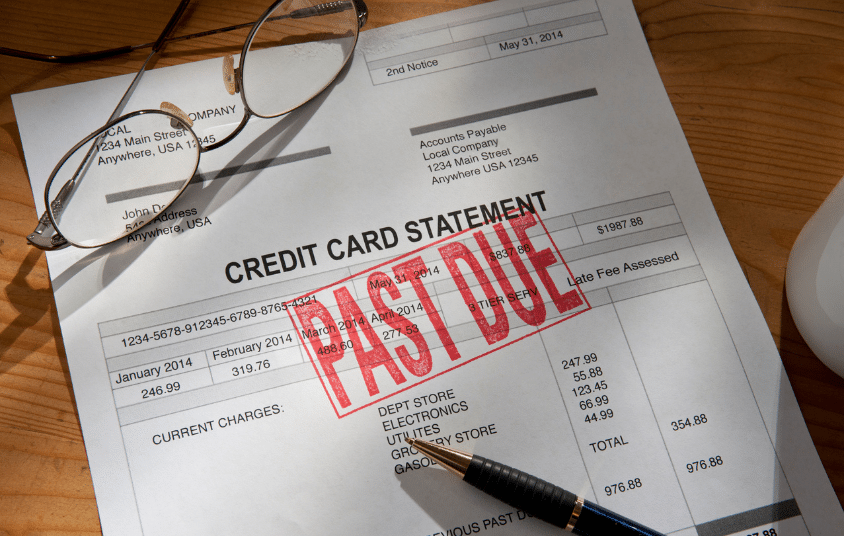Managing a credit card wisely is crucial for maintaining financial health. By employing prudent strategies, individuals can harness the convenience and benefits of credit cards while avoiding debt traps. This entails responsible spending within one’s means, vigilant monitoring of statements, and consistent, on-time payments.
Understanding the terms and conditions, such as interest rates and fees, helps in making informed choices. Regularly reviewing credit reports safeguards against errors and identity theft. Ultimately, the judicious use of credit cards can foster a positive credit history, leading to better borrowing options and overall financial stability.

Tips for managing your credit card wisely
1. Understand Your Card Terms and Fees
Start by thoroughly reading and understanding the terms and conditions of your credit card agreement. Be aware of interest rates, annual fees, late payment charges, and any other associated fees. This knowledge will help you make informed decisions about using your card.
2. Create a Budget
Establish a monthly budget that outlines your income and expenses. Include your credit card payments in your budget to ensure you can comfortably cover them without exceeding your income. This prevents overspending and accumulating unmanageable debt.
3. Limit Credit Utilization
Aim to use only a portion of your available credit limit, ideally below 30%. This not only helps you maintain control over your spending but also positively impacts your credit score. High credit utilization can indicate financial instability to lenders.
4. Pay on Time, Every Time
Timely payment is crucial. Missing credit card payments not only results in late fees but also negatively affects your credit score. Set up reminders or automatic payments to ensure you never miss a due date.
5. Pay More than the Minimum
While paying the minimum amount due keeps you in good standing, it prolongs the time it takes to pay off your balance and accumulates more interest. Strive to pay more than the minimum whenever possible to reduce your debt faster.
6. Monitor Your Statements
Regularly review your credit card statements to identify any unauthorized or suspicious transactions. Monitoring your spending also helps you stay on track with your budget and catch errors promptly.
7. Build a Strong Credit History
Your credit card activity contributes to your credit history. Using your card responsibly and consistently making on-time payments can positively impact your credit score over time. This benefits you when applying for loans or other forms of credit in the future.
Also Read: Explore the Best Travel Credit Cards Who Love to Jet-Set
Bottom line
In essence, managing your credit card wisely boils down to disciplined spending, diligent oversight, and informed decision-making. Strive to spend within your means, avoiding impulsive purchases that could lead to debt accumulation. Regularly review your credit card statements, flagging any discrepancies promptly. Timely payments are paramount; setting up automatic payments can be a helpful reminder. Familiarize yourself with the card’s terms and conditions to make educated choices. Routinely check your credit reports for accuracy and address any issues promptly. By adhering to these practices, you can leverage the benefits of credit cards while maintaining financial stability and cultivating a positive credit history.





